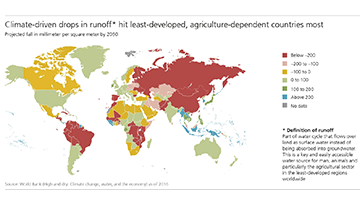UBS report: The food revolution
The future of food and the challenges we face
Technology revolution needed to feed the world sustainably, UBS finds
- The current agricultural system is unsustainable, warns a new report by UBS Global Wealth Management’s Chief Investment Office
- Innovations such as the world’s largest vertical farm – 130 thousand square feet – which is due to open in Dubai by the end of 2019, are at the core of a food revolution
- Technology should not be viewed as the enemy of natural food, report stresses
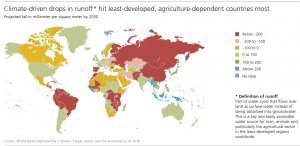
According to the UN, food production globally accounts for 40 percent of land use, 30 percent of greenhouse gas emissions, and 70 percent of freshwater consumption. About 2 billion extra people will live on the planet by 2050 – up from just under eight billion today – and global demand for food is expected to increase by roughly 60 percent. At the same time, roughly one billion people will enter the middle class.
With resources dwindling, the challenge of how to feed a growing, urbanizing population without further damaging the earth is intensifying. While growing food sustainably to meet this demand will be one of the greatest challenges, the world is on the cusp of a new agricultural revolution, says UBS CIO in its latest report. According to the study, the way food is farmed, shipped, and consumed will be driven by innovations like vertical farming, laboratory-grown food, and algae aquaculture. The components of the Fourth Industrial Revolution such as Big Data, the Internet of Things, and artificial intelligence are being integrated throughout the agriculture supply chain.
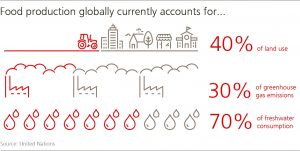
“The concept of vertical farming, for instance, has the advantage of requiring 95-99 percent less water compared to traditional methods. In regions where water scarcity is common, such as in the UAE, this is an obvious advantage. In addition, we believe it presents a genuine opportunity for investors who wish to invest in more sustainable food production” said Wayne Gordon, Editor in Chief of the report and commodities analyst at UBS Global Wealth Management.
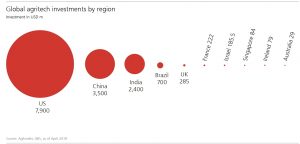
Until recently, agriculture lagged all other industries in terms of disruption. Digital penetration in the field was just 0.3% in 2018 compared to 2.5% for financials and close to 12% for retail. But this figure is set to spike – investment in agriculture-related technology hit USD 16.9bn last year, up 43% from 2017, according to AgFunder. For the agriculture industry as a whole, UBS CIO sees the technology segment jumping from a market size of USD 135bn today to around USD 700bn by 2030, representing a 15% compound annual growth rate.
At the same time, technology should not be viewed as the “enemy” of natural, abundant and affordable food, find UBS CIO. Raising agricultural productivity, safeguarding environmental health, and satisfying evolving consumer preferences can be achieved by applying new technologies.
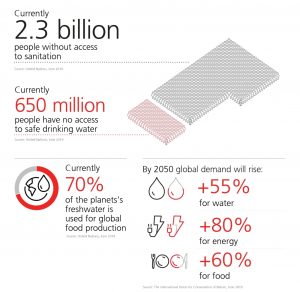
“Several trends have moved food and agriculture up the broader sustainable living agenda. Governments are increasingly paying more attention to the United Nations’ 17 Sustainable Development Goals (SDGs) and the Paris Climate Change accord, which clearly indicates an emerging awareness that societies need to change and become more sustainable,” said James Purcell, Head of Sustainable and Impact Investing at UBS Global Wealth Management.
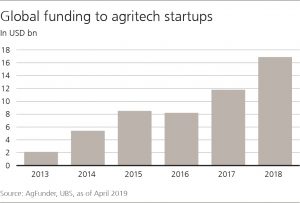
UBS – Chief Investment Office / Report, 29.7.2019


